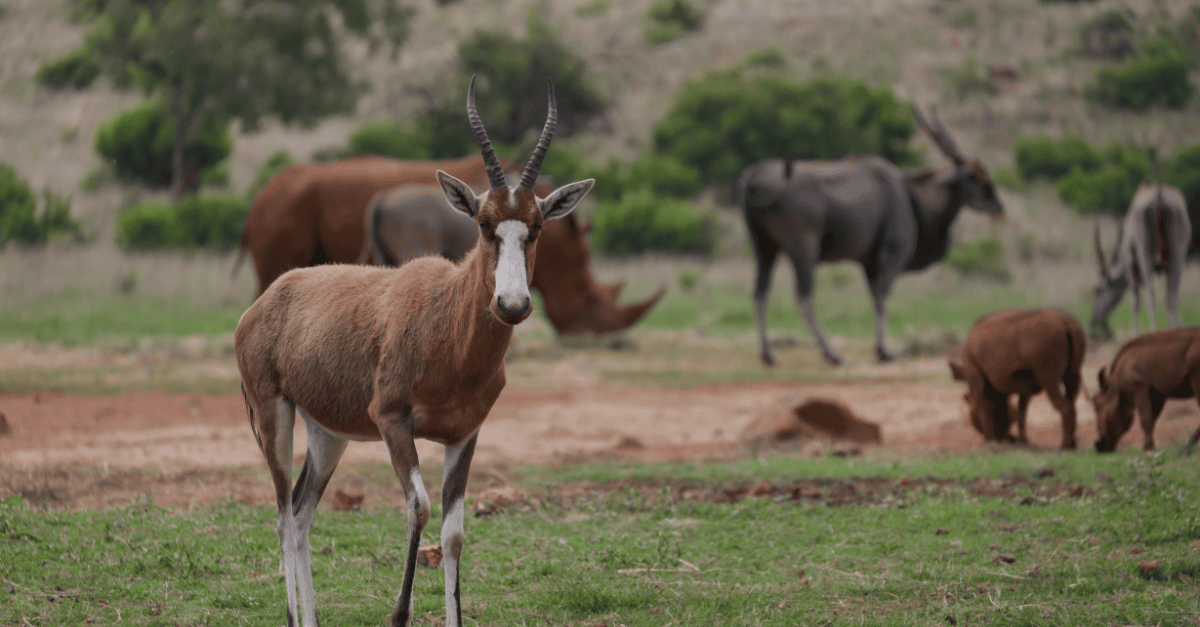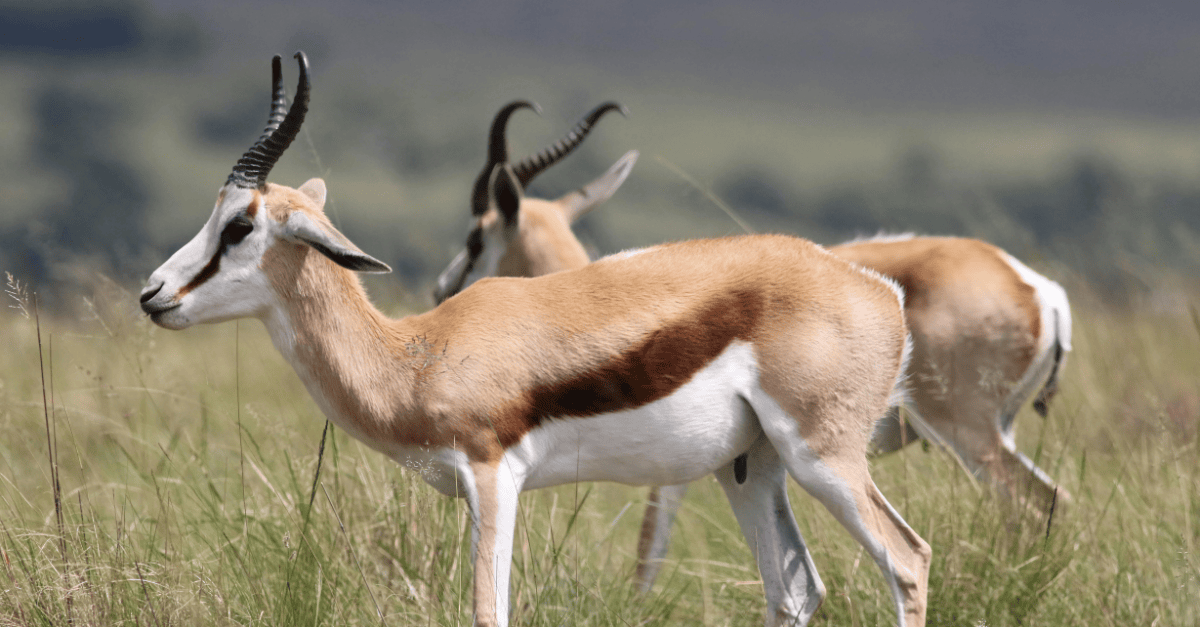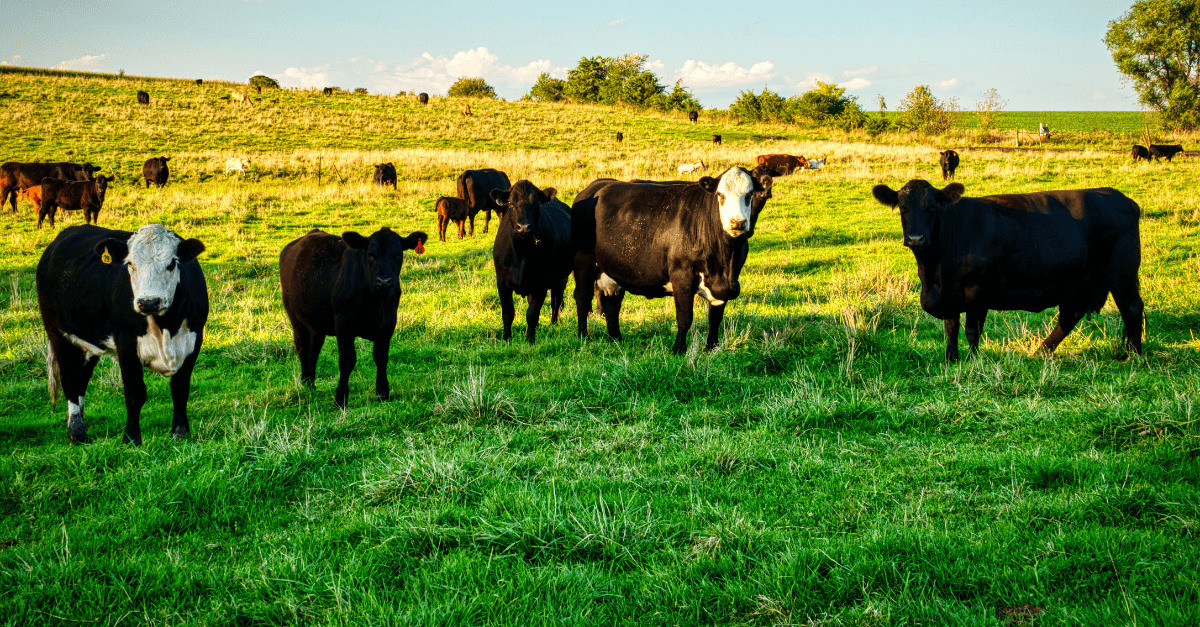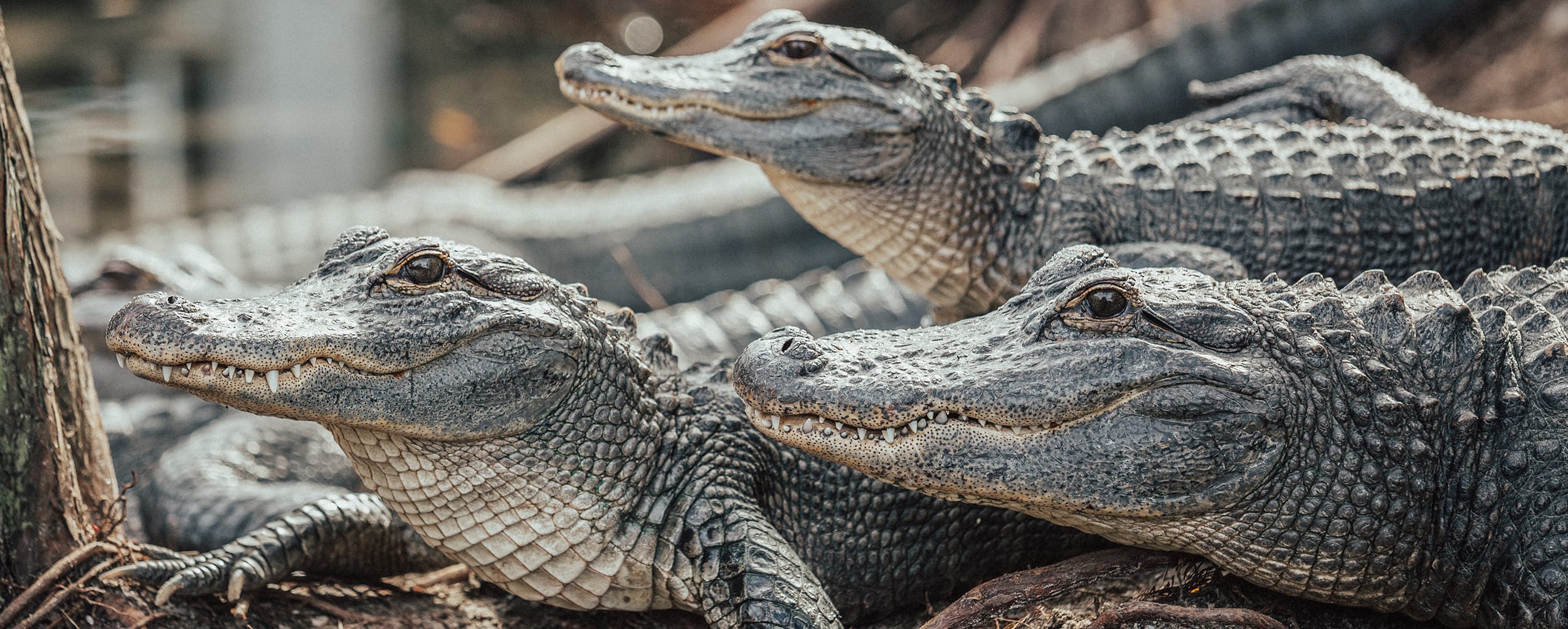After three years of cancelled, online and hybrid meetings, the World Organisation for Animal Health (WOAH) reconvened in person for its 90th general session. This highly anticipated gathering provided a unique opportunity for us and our members to engage directly with the WOAH Secretariat, representatives from WOAH Member States, and other key stakeholders in the field of animal health and welfare. Here are some of the key takeaways from this event that animal protection NGOs will find valuable to know.
1. Increasing interest for animal welfare is an opportunity to engage for animal protection NGOs
In collaboration with the International Coalition for Animals (ICFAW), the World Federation for Animals (WFA) organised an event focused on exploring the integration of animal welfare measures within One Health policies and Sustainable Development Goals. The insights shared at the event drew from experiences in Mali, Senegal, and Colombia, as well as findings from a multidisciplinary workshop on animal welfare and the SDGs. The event exceeded expectations in terms of attendance, signalling a growing interest in acquiring further knowledge about animal welfare measures as an investment in future health. It also underscored the need for continued engagement by organisations like ICFAW and WFA in information-based activities for policymakers. Additionally, with the support of Eurogroup for Animals, ICFAW hosted another event centred around aquatic animal welfare which also garnered significant participation.
2. WOAH’s potential revision of its definition of suffering oughts to be on our radar
During the plenary session, the Code Commission (CC) proposed relocating the definition of ‘distress’ and ‘pain’ from Chapter 7.8 (Use of animals in research and education) to the Code Glossary for the consideration of the Delegates. The CC argued that these definitions should be moved to the Glossary, enabling their application throughout the Code since they appear in multiple chapters. This proposal was accepted.
Further, the CC suggested the removal of the definition of ‘suffering’ from Chapter 7.8 which was met with opposition. The CC argued that term definitions should only be included in the Code where common dictionary definitions are not deemed to be adequate. Representatives from Belgium, speaking on behalf of the 27 European Union members, along with Norway and Colombia, immediately expressed concerns regarding the proposed removal of the ‘suffering’ definition. The Colombian representative emphasised the significance of the term within animal welfare science, highlighting its encompassing nature, which includes both physical and mental suffering. He argued that common dictionary definitions were inadequate. The representative of Norway questioned why the term ‘suffering’ was not included in the CC’s proposal to transfer definitions to the Code Glossary. In response, the CC highlighted that the straightforward transfer of the definition of ‘suffering’ from Chapter 7.8 to the Code Glossary was deemed unadvisable at this moment as it was unclear if this would be fit-for-purpose across the Code. The CC will discuss this matter internally and determine the most suitable approach to establish an applicable definition of ‘suffering’ for all Chapters in which the term appears.
3. Upcoming updates of WOAH’s Animal Health Codes will be an opportunity for inputs
While the General Session’s program included only one item directly addressing animal welfare-related matters, the WOAH work program holds several items worth monitoring. These items are expected to be brought to the agenda in future general sessions of the Assembly.
Of particular importance is the ongoing review of Chapter 7.5, which pertains to the slaughter of animals. Currently, the chapter is open for comments and WFA, acting as the Secretariat of ICFAW, is diligently compiling feedback from various NGOs to deliver its submission ahead of the July 5th deadline. Additionally, the CC is set to commence work on reviewing Chapters 7.2 to 7.4, which focus on the transport of animals by sea, land, and air. It is expected that by November this year an ad hoc group of experts will be convened to review the existing content of these chapters and propose amendments. Furthermore, the CC has expressed its intention to examine the proposal put forth by the WOAH Secretariat and Animal Welfare Collaborating Centres (AWCCs) to review Chapter 7.1, which covers the introduction to animal welfare. This proposal entails incorporating the concept of Five Domains into this chapter, a development that warrants close attention.
The convergence of experts, policymakers, and stakeholders in the realm of animal health and welfare at the WOAH General Session has the potential to drive significant advancements in the field, laying the foundation for future progress in improving the well-being of animals worldwide. These events present an important opportunity for WFA and its members to secure global commitment for animal welfare improvements.
Background
- The World Organisation for Animal Health (WOAH, founded as OIE) is an intergovernmental organisation headquartered in Paris. Together with its Members, it coordinates the global response to animal health emergencies, the prevention of zoonotic diseases, the promotion of animal health and welfare, and better access to animal health care. See more.
- The 90th Annual General Session of the World Assembly, the highest decision-making body of the WOAH, took place in Paris from Sunday 21 to Thursday 25 May 2023. The 90th General Session brought together representatives of 182 WOAH Members, representatives from international organisations that have signed an official agreement with WOAH. See more.
- The International Coalition for Animal Welfare (ICFAW) is a collaborative network of NGOs) from around the world working with WOAH since 2001 to improve the welfare of animals globally. Since 2018, ICFAW has a Memorandum of Understanding with WOAH that enables its members to attend WOAH events and to organise side events. See more.
- WOAH regularly updates its international standards in accordance with new scientific information and technological advances. This process also involves the Specialist Commissions, ad hoc Groups and Working Groups. This process takes at least two years, and each draft is open for comments by WOAH Members and partner organisations. ICFAW as a partner organisation has the prerogative of submitting comments to the draft standards. See more here and here.





